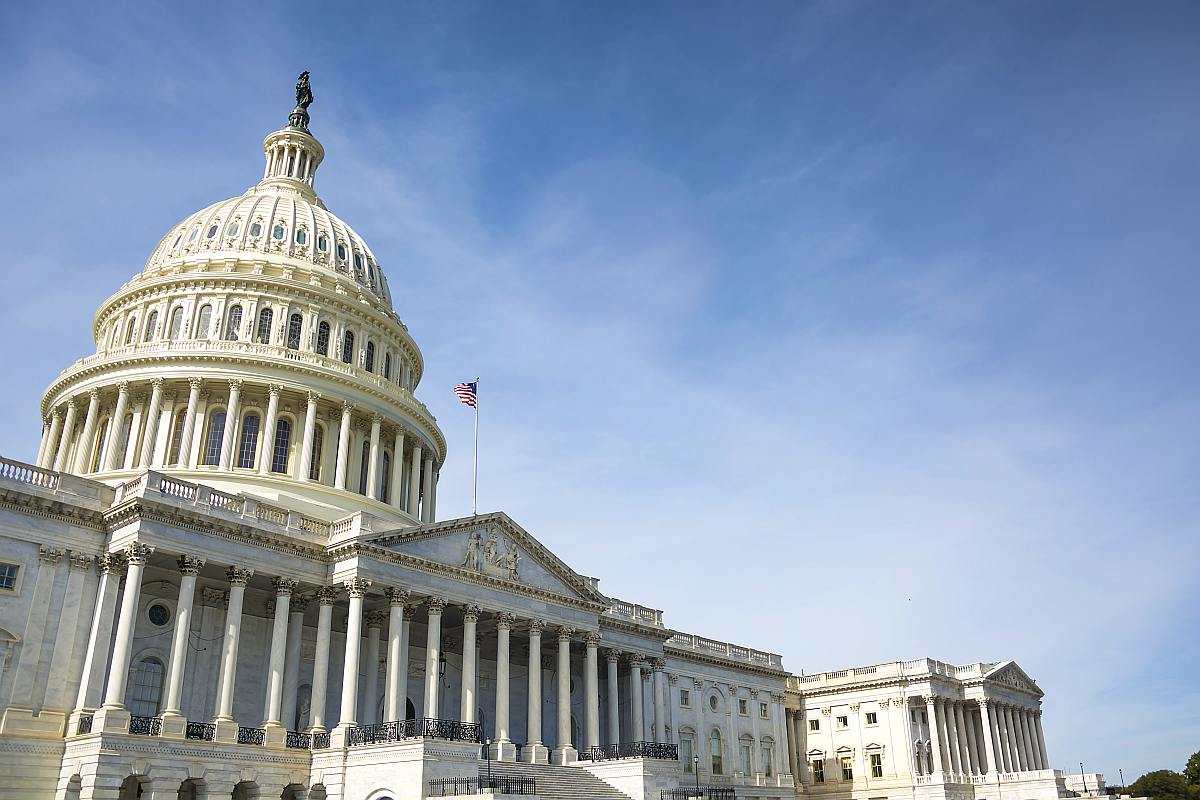The United States’ House of Representatives voted overwhelmingly on Tuesday to toughen Washington’s position against China regarding its treatment of Uighur Muslims, calling on President Donald Trump to apply sanctions against senior Chinese officials. This comes after shocking revelations were made by The New York Times last month which showed hundreds of pages of leaked internal government documents on how China’s mass detention of Uighur Muslims in Xinjiang came from directives by the Chinese leader, Xi Jinping, to “show absolutely no mercy” in the “struggle against terrorism, infiltration, and separatism.”
The Uighur Act of 2019 condemns Beijing’s “gross human rights violations” linked to the crackdown in the western region of Xinjiang, where as many as one million Uighurs and other mostly Muslim minorities are being held in re-education camps.
Advertisement
The measure, which passed 407 to 1, is a stronger version of the bill that cleared the Senate in September. The two versions must be reconciled into one bill that gets sent to Trump’s desk. The vote is sure to draw China’s ire after Beijing already threatened retaliation against Washington for Trump signing legislation last week supporting Hong Kong pro-democracy protesters, just as the world’s top two economies edge towards a trade truce.
The latest House measure condemns the mass arbitrary detainment of Uighurs and calls for closure of the re-education camps where they have been held and abused, according to rights groups and US lawmakers. The bill notably urges Trump to slap sanctions on Chinese officials behind the Uighur policy, including Chen Quanguo, the Communist Party chief for Xinjiang.
“Today the human dignity and human rights of the Uighur community are under threat from Beijing’s barbarous actions, which are an outrage to the collective conscience of the world,” House Speaker Nancy Pelosi told her colleagues shortly before the vote. Congress “is taking a critical step to counter Beijing’s horrific human rights abuses against Uighurs,” she said.
Pelosi lashed out at Chinese authorities for orchestrating a repressive crackdown that includes pervasive mass state surveillance, solitary confinement, beatings, forced sterilization “and other forms of torture.”
Rights groups and witnesses accuse China of forcibly trying to draw Uighurs away from their Islamic customs and integrate them into the majority Han culture. After initially denying their existence, Beijing now defends the camps, which it calls “vocational education centers,” as a necessary measure to counter religious extremism and terrorism.
The House bill would require the State Department to produce a report within one year on the crackdown in Xinjiang. And it would require the Commerce Department to ban US exports to entities in Xinjiang that are known to be used in the detention or surveillance of Muslim minorities, including facial recognition technology.
Republican Marco Rubio, a sponsor of the legislation in the US Senate, warned that China’s government and Communist Party “is working to systematically wipe out the ethnic and cultural identities” of Uighurs. He applauded the House passage and said he looked forward to getting a reconciled bill to Trump’s desk.
Since 2017, the authorities in Xinjiang have detained many hundreds of thousands of Uighurs, Kazakhs and other Muslims in internment camps from the northwest region of the country. Inmates undergo months or years of indoctrination and interrogation aimed at transforming them into secular and loyal supporters of the party, which is a far-reaching step since Mao Zedong’s cultural revolution of 1966.











